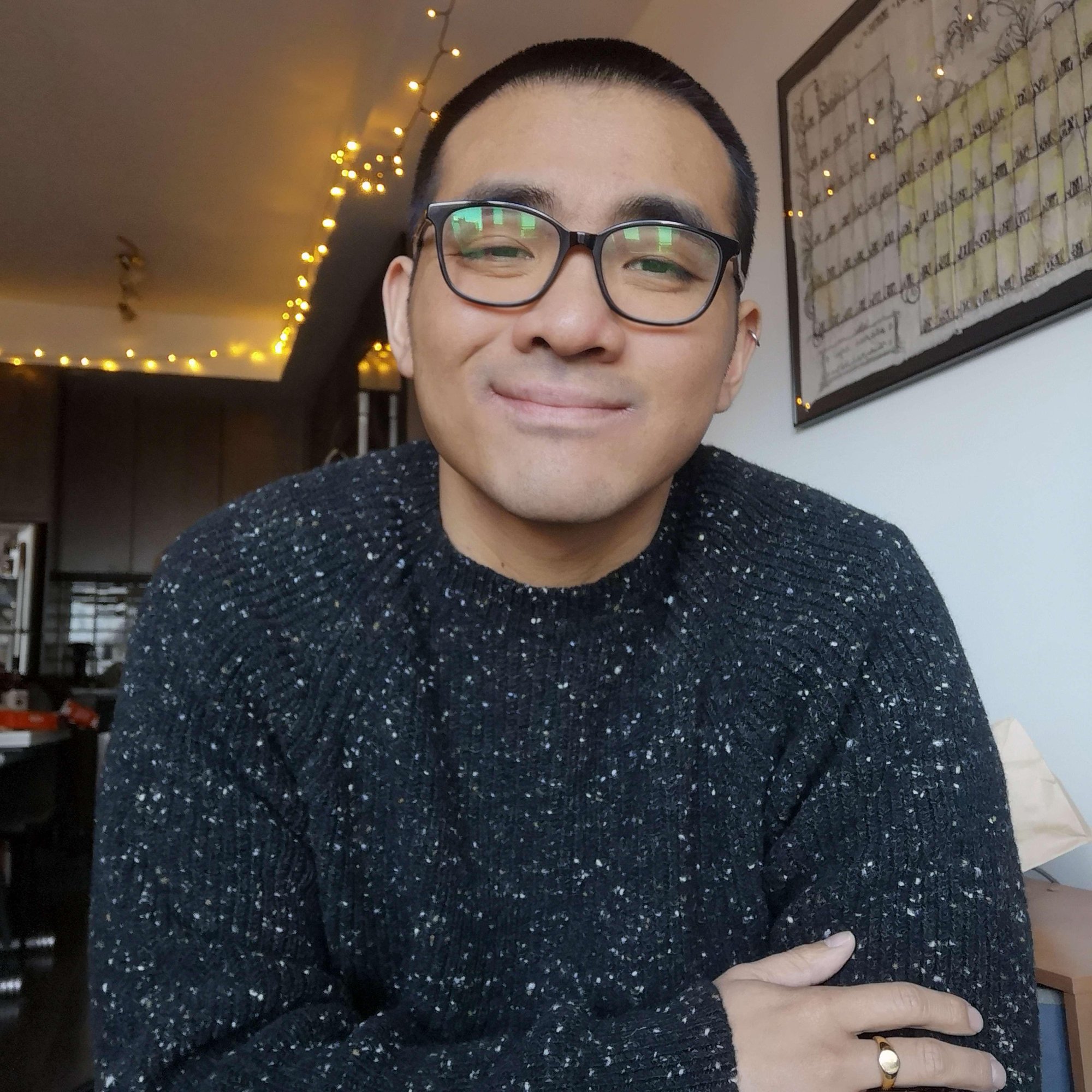Meet the Speakers
Throughout the two-day event, various leaders from the climate and community building movements will take the stage, bringing necessary experience and insight from the municipal, nonprofit, community, and private sectors, alongside their own lived and living experiences. Stay tuned as we grow our list of leading partitioners and share the expertise they will bring to the gathering conversations.

Dr. Melissa Lem
About Dr. Melissa
Dr. Melissa Lem is a Vancouver family physician who also works in rural and northern communities within Canada. President of the Canadian Association of Physicians for the Environment and Director of PaRx, Canada’s national nature prescription program powered by the BC Parks Foundation, she is an internationally recognized leader in the field of nature and health. She has also engaged in advocacy and policy work on a broad range of other issues, from climate change and hydraulic fracturing to sustainable health care and low-carbon transportation.
A widely published writer, her work has appeared in media including the CBC, Vancouver Sun, Toronto Star, Montreal Gazette, The Narwhal, and National Observer. As a climate change panelist on CBC Radio's Early Edition, in-house medical columnist for CBC TV Vancouver, and Clinical Assistant Professor at the University of British Columbia, one of her major priorities is knowledge translation.
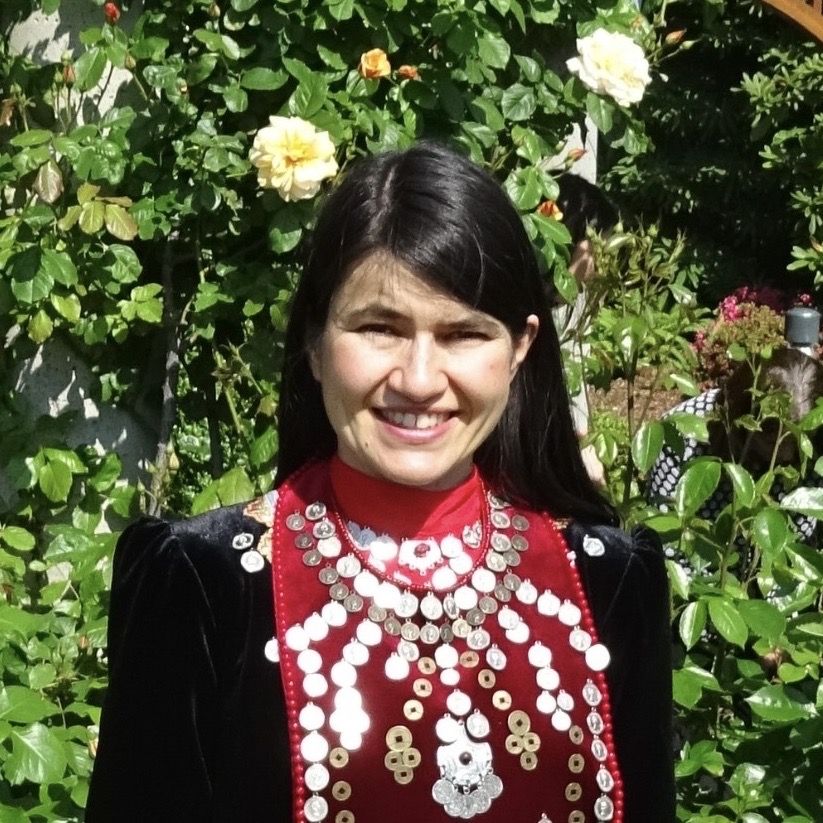
Lilia Yumagulova
About Lilia
Lilia Yumagulova is a Bashkir woman born and raised in the Soviet Union, in a low-income area prone to recurring floods on the outskirts of a large urban centre. It was witnessing these regular disasters affect her community that influenced her choice of profession. With an academic and professional background in engineering and emergency management, a Masters of Science in risk analysis, and a PhD in planning, Lilia brings over 20 years of experience in government, NGOs, media, Indigenous communities, and supranational organizations in Europe and North America.
As Banting Postdoctoral Fellow, Indigenous Studies, University of Saskatchewan, Lilia’s research focuses on Indigenous self-determination and the role of women in disaster risk reduction, climate displacement, and planned relocation. She is the Program Director for the Preparing Our Home, an award-winning program that empowers Indigenous youth leadership in community resilience.
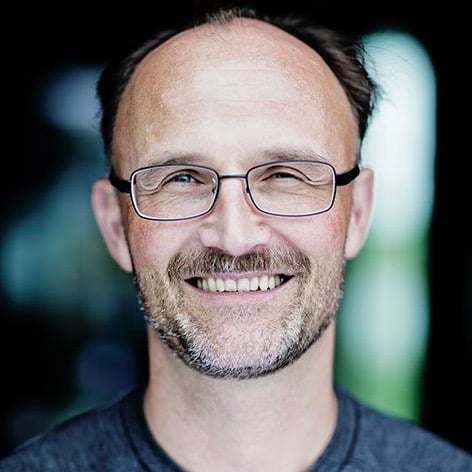
Dr. Jacob Torfing
About Dr. Jacob
Dr. Jacob Torfing is a professor in politics and institutions at Roskilde University, Denmark, and research director of the Roskilde School of Governance. His research interests include public sector reforms, network governance, collaborative innovation, interactive political leadership, and innovation management. He is part of a number of Nordic and European research projects that all focus on the co-creation of innovative solutions to complex societal problems and the impact of leadership and institutional design on cross-boundary collaboration. He has a growing interest in climate change research.
His team received over CAD $2m from the Danish Independent Research Council from 2022 to 2026 for the GOGREEN research project, a global initiative led by Roskilde University aimed at identifying governance factors driving successful co-creation of green transitions. So far, the project has explored 34 case studies from 28 countries.
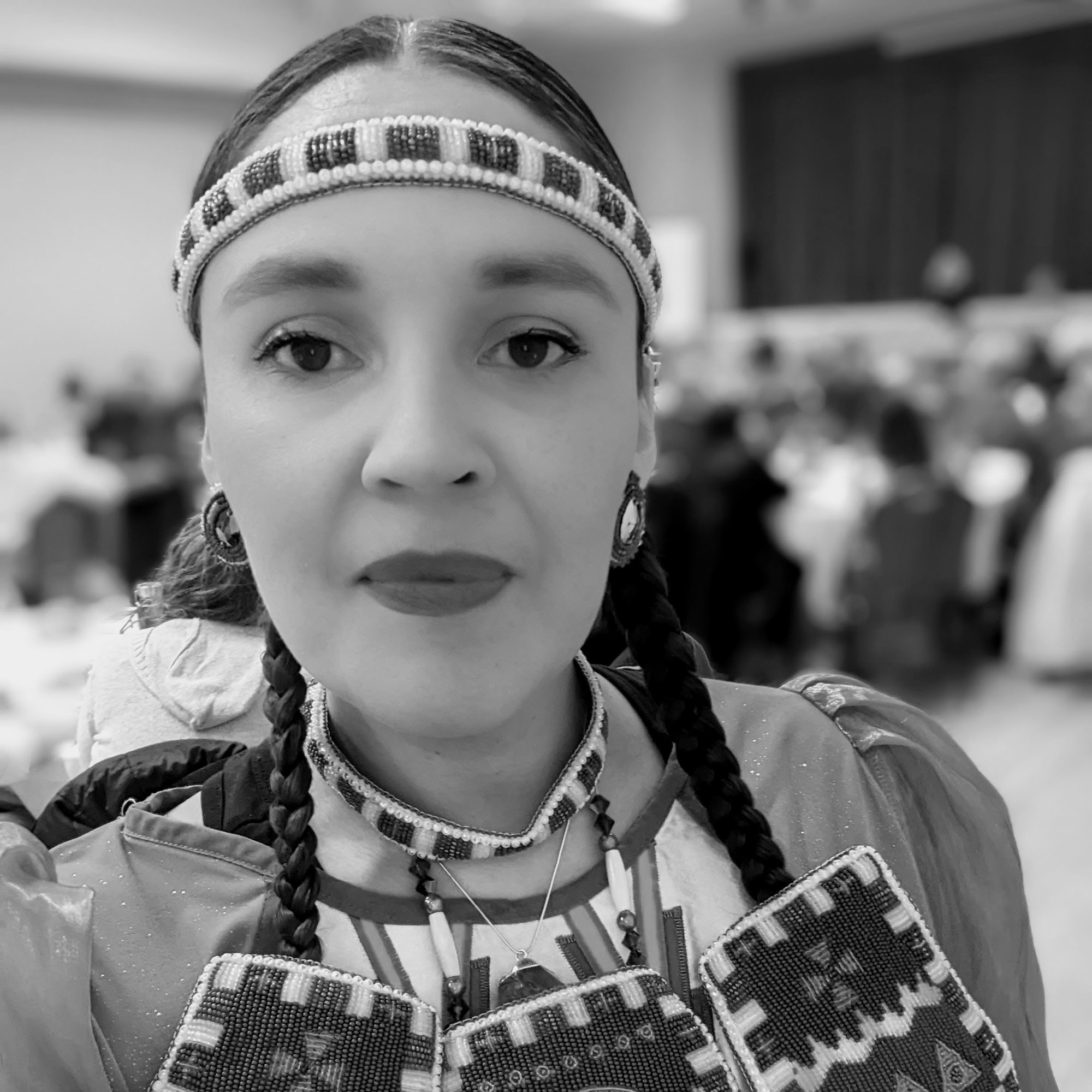
Sandra Lamouche
About Sandra
Sandra Lamouche is a member of the Bigstone Cree Nation in Northern Alberta. She has since made her home on the land of the Nitsitapi (Blackfoot people) of Southern Alberta. She is a champion hoop dancer, an award-winning Indigenous education leader, TEDx Speaker, an author, a multidisciplinary storyteller, and an artist. She completed her master’s thesis on Indigenous Dance and well-being. The hoop dance and its teachings of unity, balance, equality, and interconnectedness of creation influence her creations. This often includes land-based practices, environmental and climate-related topics as well as, social justice issues including advocacy for Missing and Murdered Indigenous Women and Residential School Survivors and their descendants, both of which have impacted her and her family.
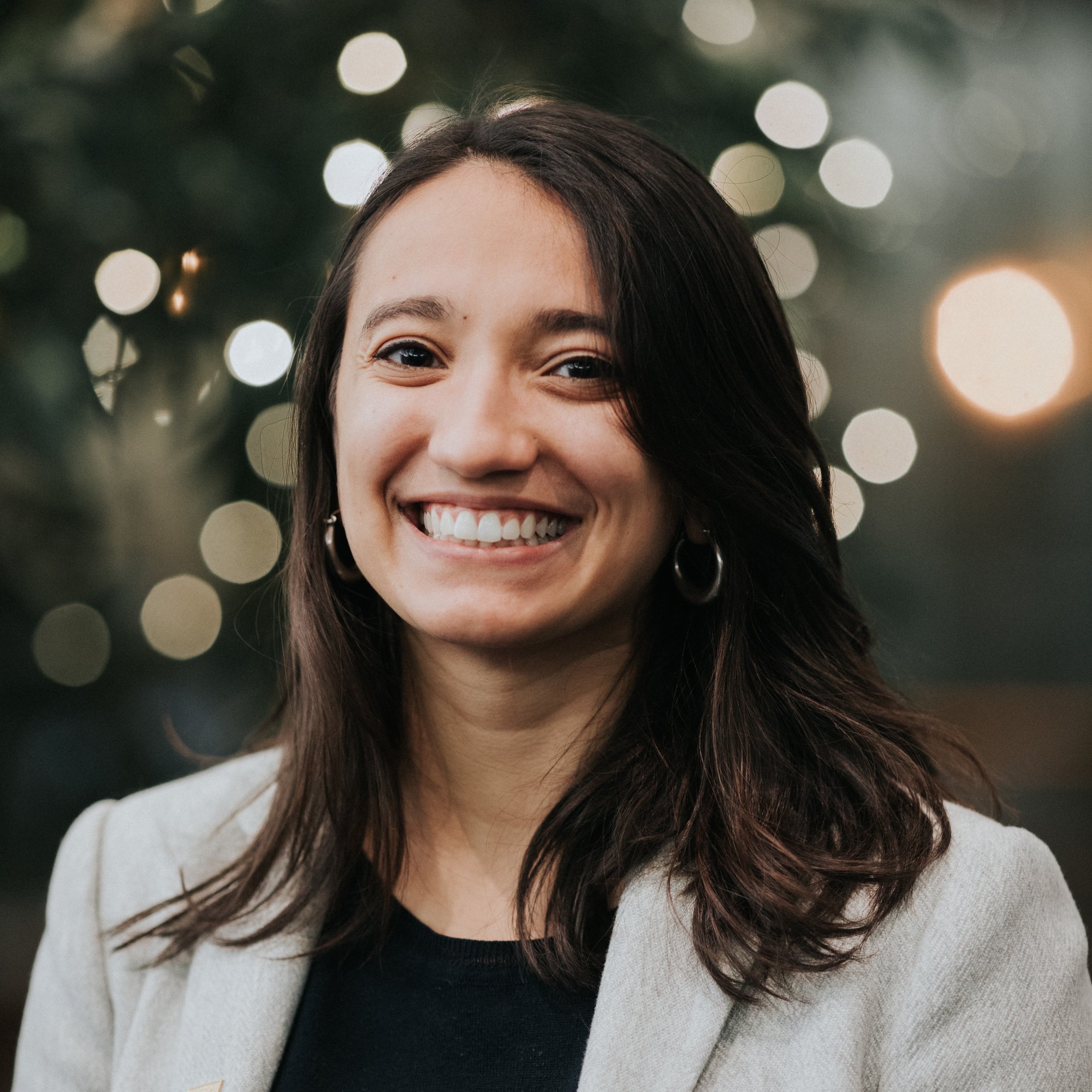
Layla Belmahi
About Layla
Layla Belmahi is the president of the Conseil interculturel de Montréal and advisor in the social development department of Centraide of Greater Montreal. She is passionate about networking organizations, institutions and individuals to achieve greater social justice. After completing a bachelor's degree in Communication and Cultural Studies at Concordia University, she obtained a master's degree in International and Intercultural Communication at UQAM. Her dissertation focused on the perception of identity among black Montrealers. In Rabat (Morocco), she co-founded the Woman Choufouch feminist movement, which fought against violence against women. She has contributed to the MTL Sans Profilage collective, as well as to research projects highlighting the realities experienced by women, and first- and second-generation immigrants. Working to make Montreal a more inclusive city is particularly close to her heart, and this is reflected in her career path. She has worked at the Maison de l'innovation sociale, the Coalition montréalaise des Tables de quartier and Tamarack Institute.
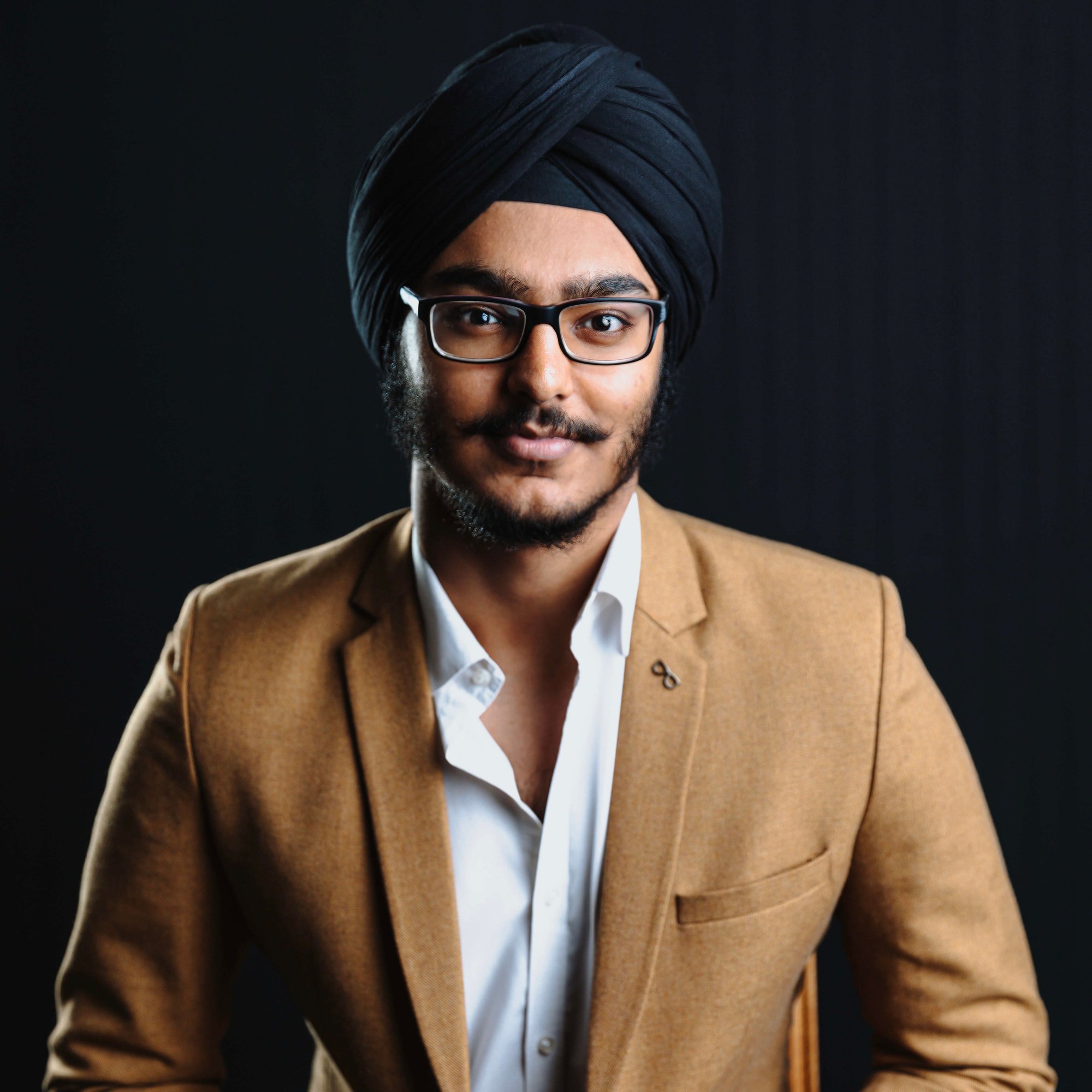
Abhay Singh Sachal
About Abhay
Abhay Singh Sachal is a 22-year old Canadian whose research and work resides at the intersection of climate change, ecoanxiety, mental health, and spirituality. He is the founder of Break The Divide, a non-profit organization based on principles of environmentalism, sustainability, and reconciliation that focuses on fostering empathy and understanding to inspire local action projects in communities. As a result of his work, Abhay has been recognised as one of Canada’s Top 25 Under 25 Environmentalists, featured as one of 10 International Youth Changemakers in Canada and listed amongst the 100 most influential Sikhs from around the world. He is also one of 10 advisors in the inaugural Environment and Climate Change Canada Youth Council, and one of 20 advisors in the United Nations Environmental Programme Faith For Earth Youth Council. Outside of his activism, Abhay is currently a student at the University of Regina, completing a Masters of Education in Educational Psychology; a public speaker on environmental and climate issues; and, an avid ice hockey player and pianist.
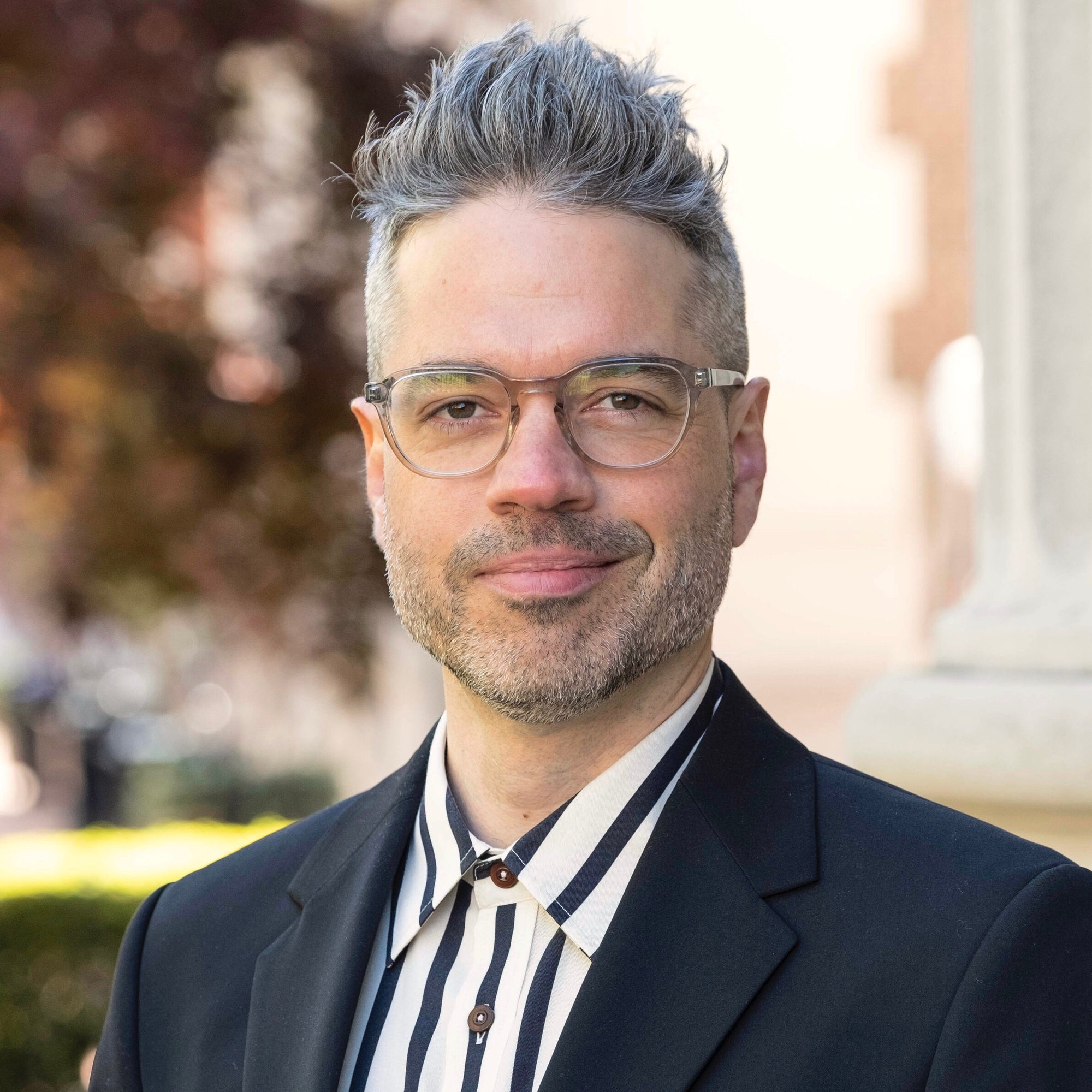
Jean-Noé Landry
About Jean-Noé
Jean-Noé Landry is a social entrepreneur, climate activist, and open government leader. He co-founded the Transition Bridges Project, supporting systemic mediation in local communities. A 2021-2022 Obama Scholar, he attended Columbia University's Climate School and engaged in local environmental justice initiatives. Back in Montreal, he established Concordia University's Data Studio on the socio-ecological transition, advises local climate research and action alliances, while co-facilitating the Obama Climate Leaders network.
From 2015 to 2021, he led Open North, aiding communities and governments in data governance, digital transformation, and complex urban challenges. Previously, he worked with the United Nations and the National Democratic Institute alongside pro-democracy leaders globally in more than a dozen countries. Jean-Noé holds philosophy degrees from Carleton University and Trinity College Dublin and is Senior Fellow at the Canadian Urban Institute.
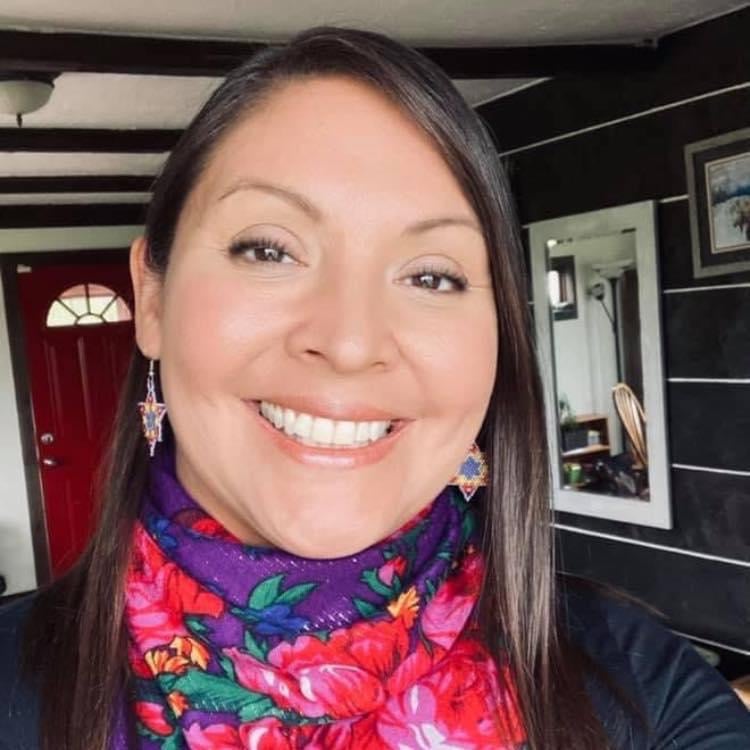
Michelle Brass
About Michelle
Michelle Brass is a speaker, writer, and wellness coach deeply committed to the health and well-being of Indigenous peoples and communities. Her work focuses on the areas of Indigenous food security and sovereignty, climate change, Indigenous health and wellness, and community well-being. Michelle is the creator of the SHAWL Program, an Indigenous-based wellness program that improves your physical, mental, emotional, and spiritual well-being. Michelle served on the Executive Steering Committee for Indigenous Climate Action (ICA) since its inception in 2017. Michelle also serves on a subcommittee for the Treaty Land Sharing Network (based in Treaty Four and Treaty Six) to support relationship building between Indigenous and non-Indigenous people and members of the network. As someone with mixed ancestry (Saulteaux/Anishnaabe and English/Swiss), bridging the gap between our peoples has been a lifelong thread of her work and writing. Michelle is a member of the Yellow Quill First Nation in Treaty Four Territory.
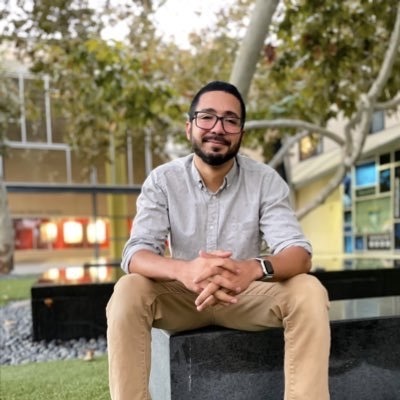
Omar Perez-Figueroa
About Omar
Omar Pérez Figueroa is an Assistant Professor of Urban and Regional Planning at the University of Illinois Urbana-Champaign. He obtained his Ph.D. from the Department of Urban Planning and Public Policy at the University of California, Irvine. He graduated cum laude in 2010 with a Bachelor of Social Sciences general program from the University of Puerto Rico, Río Piedras. One year after completing his undergraduate studies, he obtained the Truman Foundation scholarship that he used to complete a master’s degree in water, Interdisciplinary Analysis, and Sustainable Management from the University of Barcelona.
His dissertation, funded by the Ford Foundation, specializes in small water rural systems in Puerto Rico and how they understand water governance problems and resilience in the face of disasters and extreme weather events. He has worked with local communities, including federal and international governments, as well as with private corporations. His research interests focus on understanding how community-based movements and marginalized communities address environmental inequalities, with a special focus on water issues.
Additionally, he has presented his research to diverse audiences, including government officials, politicians, United Nations officials, and K-12 students. His most recent project focuses on understanding how drought events can impact public health outcomes of rural communities in Puerto Rico. This project is funded by the U.S Environmental Protection Agency title; Cumulative Health Impacts at the Intersection of Climate Change, Environmental Justice, and Vulnerable Populations.
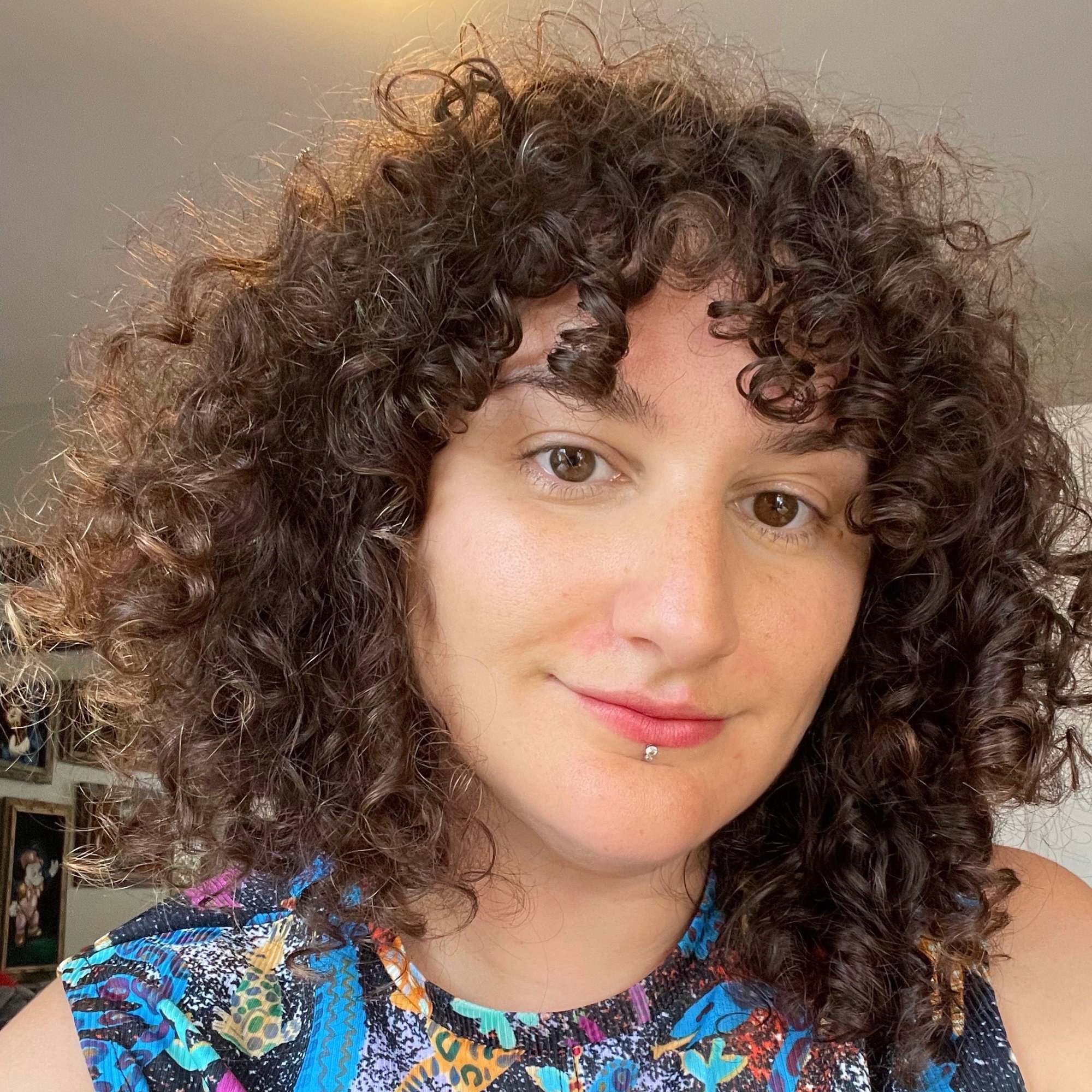
Jennie Suddick
About Jennie
Jennie Suddick is a Maltese-Canadian artist and educator based in Toronto, Canada. She has exhibited widely throughout North America, Europe, and Asia as an individual artist, a collaborator in social practice-based projects, and as a founder of Crazy Dames.
Jennie earned an MFA from York University in 2009 and holds a BFA and Advanced Visual Studies Certificate from OCAD University. She has taught at York University, OCAD University, Toronto Metropolitan University, and Sheridan College. She is currently Manager, International Programs & Collaboration, and an Adjunct Professor at OCAD University.
Jennie is a PhD candidate at the University of Ottawa. Her research advocates for social, collaborative, intercultural, interdisciplinary, and environmental approaches in art education and making. Other research interests include cultural competencies, teaching and learning in the arts, creativity in education, and educational approaches to upholding intangible cultural heritage, including enacting models of non-formal education.
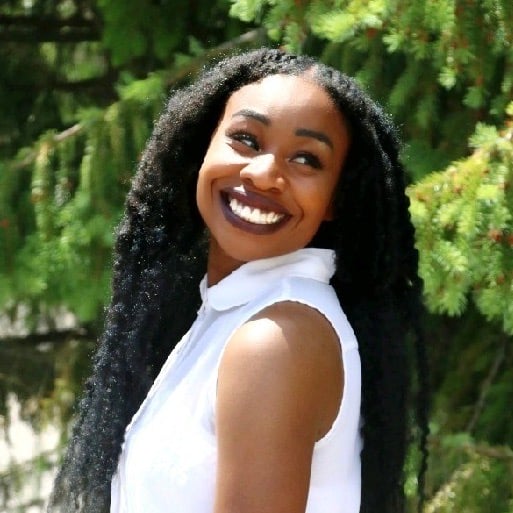
Veronica Nhio-son
About Veronica
When I was a first-year environment student, I sincerely thought I was not emotionally cut out to be successful in my field of study. I hadn't realized how common it was to view environmental discourse as both intriguing and overwhelming. It wasn't until I reached out to my peers and professors that I noticed people’s reluctance to talk about hope for our future. I knew then that I had to advocate for normalizing that conversation.
Today I am sincerely appreciative of the renewed sense of agency I’ve developed through my capstone on the mental toll of climate change, collaboration with UW Campus Wellness, and community work with KW WeCare Centre. Together we can make the seemingly impossible possible!
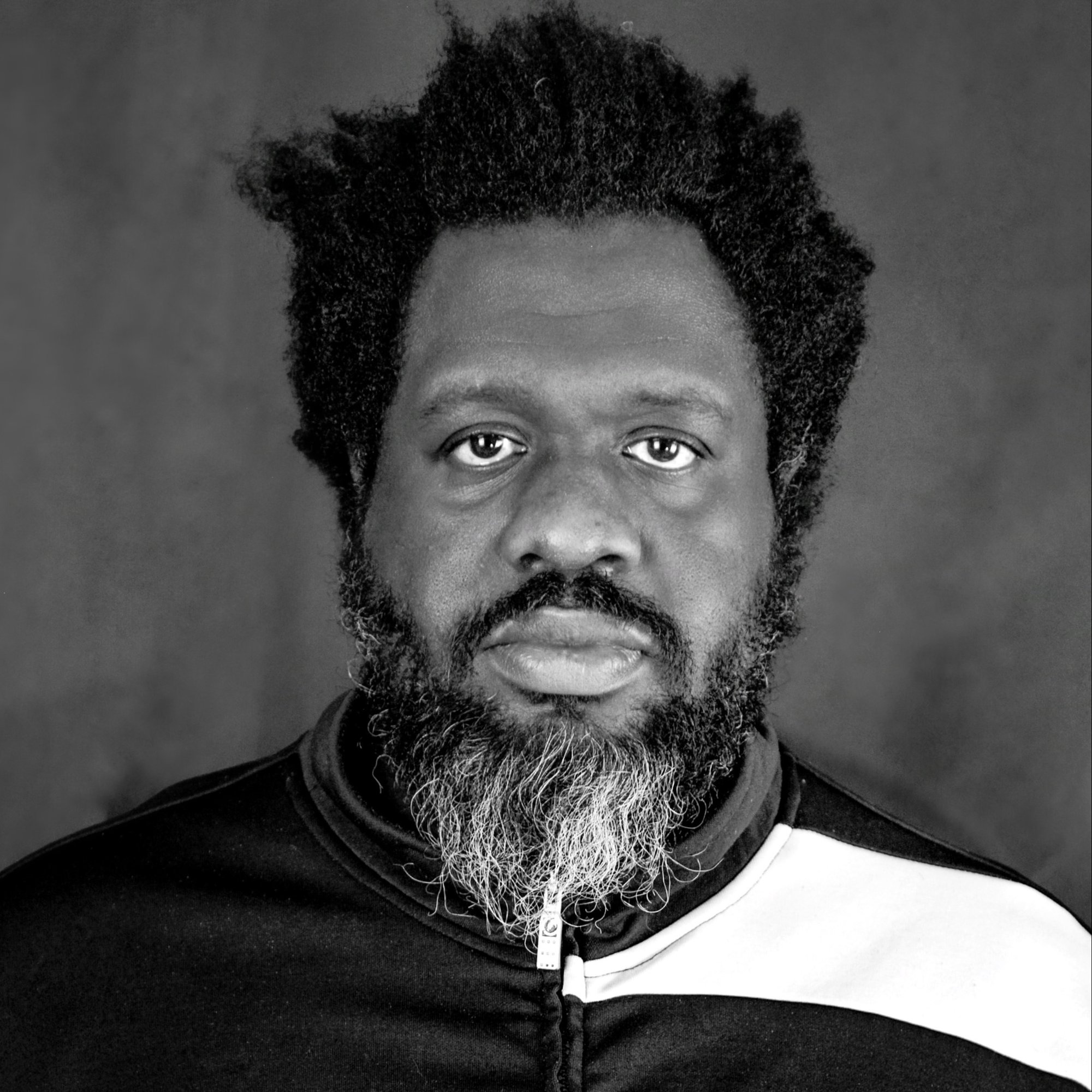
Julius Lindsay
About Julius
Julius is the Director of Sustainable Communities at the David Suzuki Foundation leading work to accelerate and raise the ambition of climate action in cities across the place now known as Canada. He is also a co-founder of the Black Environmentalist Alliance, an organization that seeks to champion Black people in the environmental profession, provide a safe space for peer-to-peer engagement, and to advocate for environmental justice for Black Canadians now and in the future.
Julius is a 2022 Next Generation Foresight Practitioner Fellow and received their Inaugural Existential Risk award and is one of 7 Inaugural Future Fellows as a part of the Future of Canada Project at McMaster University for the Prismatic Project; which seeks to center Indigenous and Black perspectives through the lens of Indigenous futurist and Afrofuturist art, community engagement, and futures games to shift the conversation about and composition of climate action in Canada.
Previously, Julius has been the catalyst for and led the development of climate change plans, programs, and policies at Mississauga and Richmond Hill, in Ontario.
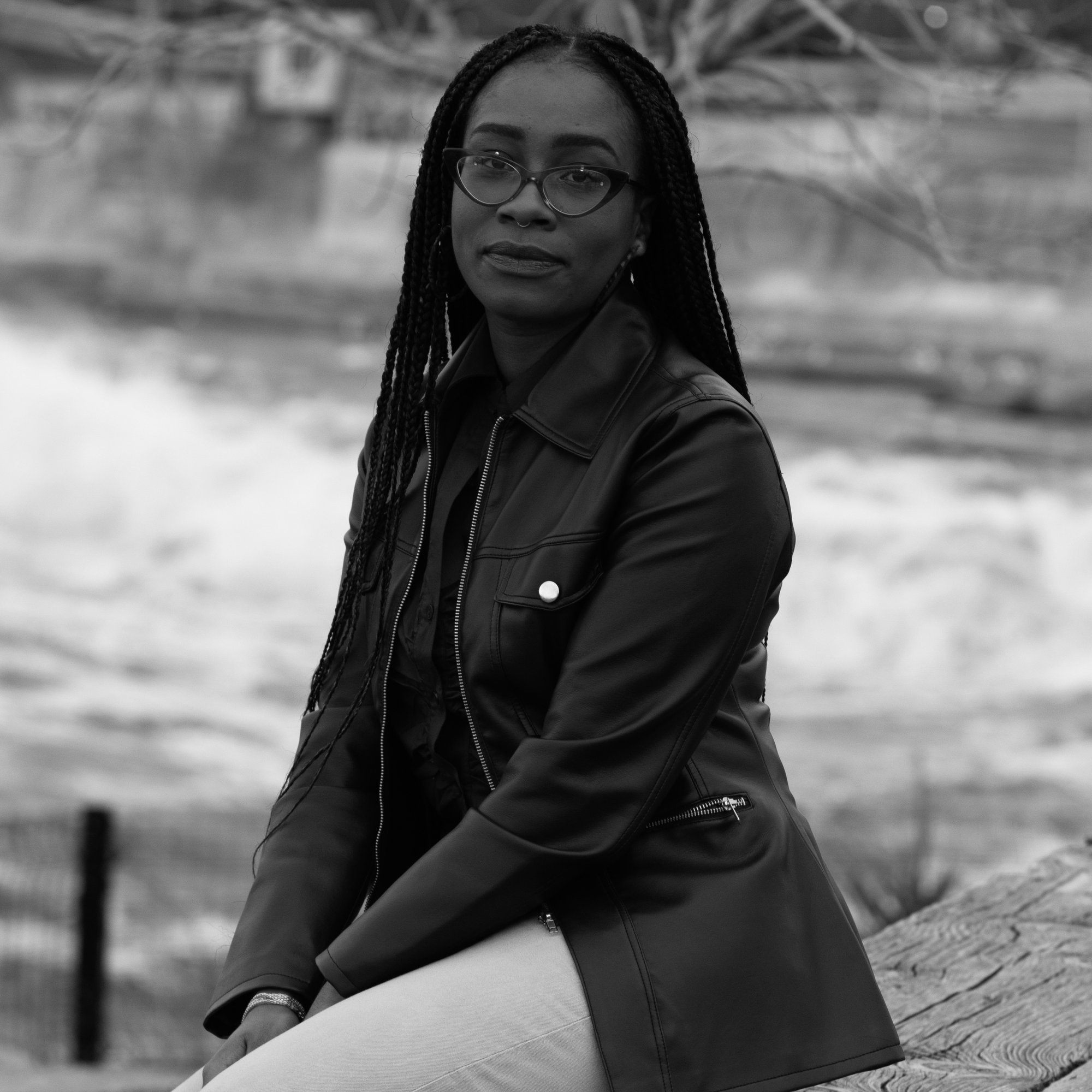
Olivia Onuk
About Olivia
Olivia Onuk is a multidisciplinary Artist and community organizer using art as a means to explore the depths of human experience. Olivia’s work is rooted in the truth of Art as Therapy, as a tool for connection & making sense of trauma. Olivia channels her expressive energy through poetry, short stories, photography, traditional and digital painting and, and, and... Through her work, she seeks to connect with diverse audiences and encourage them to connect further with themselves and one another.
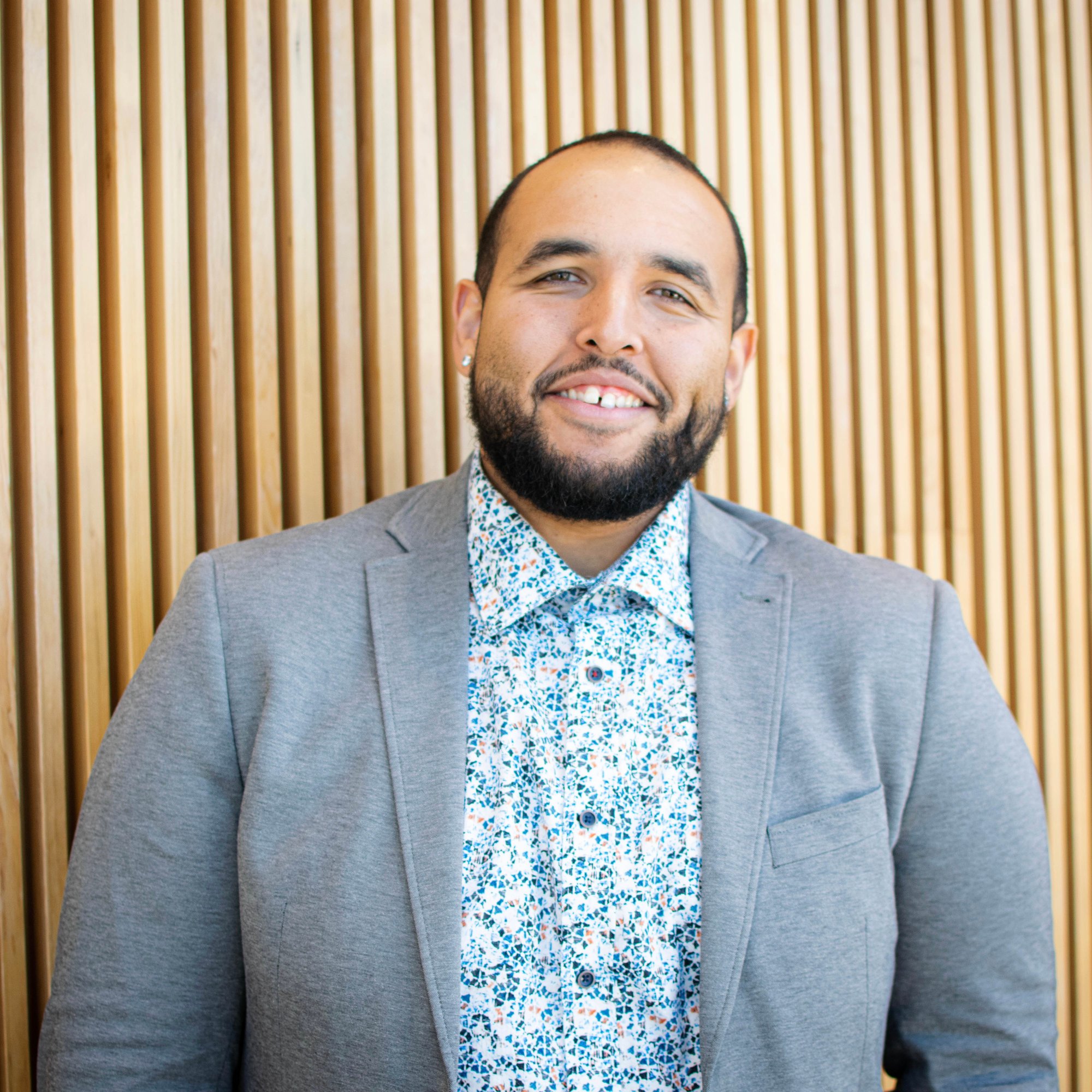
Courtney Walcott
About Courtney
Courtney is a Calgary City Councillor. Prior to his election to City Council, Courtney was a respected educator teaching at Western Canada High School and volunteered as a basketball coach. He graduated from Mount Royal University with a degree in history, and the University of British Columbia with a degree in education. Courtney is a community builder and organizer, and his life has been dedicated to helping people realize their place in the world. Since environmental impacts cannot be solved without an intersectional lens, Courtney believes that tackling climate change through an approach that simultaneously advances social, environmental, and economic goals is critical for improving quality of life.
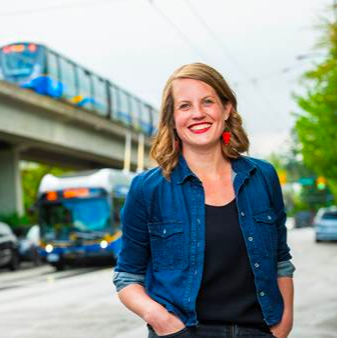
Christine Boyle
About Christine
Christine Boyle is a Vancouver City Councillor with OneCity Vancouver. She has led her Council on climate justice, housing justice, and Indigenous rights since first being elected in 2018.
Prior to political life, Christine led local and national multifaith climate justice efforts, including working with Faith & the Common Good and the United Church of Canada on building energy retrofits. She also led strategic communications at the Columbia Institute's Centre for Civic Governance, supported the development of a climate and labour coalition in GreenJobs BC, was an outreach worker at First United Church in Vancouver’s Downtown Eastside, and coordinated a school and community garden in East Vancouver. She attended COP21 as a civil society delegate and attended the release of the Pope's encyclical on climate and inequality.
Christine has a BSc in Urban Agriculture and First Nations Studies from UBC, and an MA in Religious Leadership for Social Change from the Graduate Theological Union in Berkeley, CA. She lives in East Van with her partner and two kids.
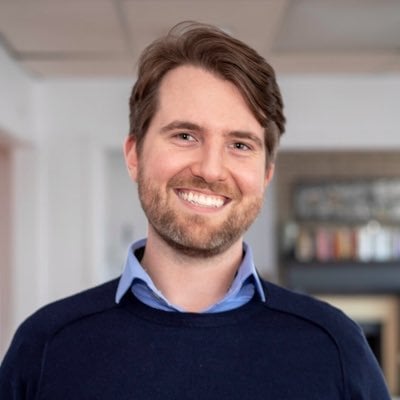
Rob Nolan
About Rob
Rob Nolan is the Chief Executive Officer at Municipalities Newfoundland and Labrador, the association that represents the 274 municipalities in the province of Newfoundland and Labrador. Rob is passionate about municipal affairs and governance, serving on the Board of Directors for Happy City St. John’s 2015-2020 (including two years as Chair), co-founding the municipal advocacy group Citizens’ Assembly for Stronger Elections in 2017, and managing and advising on multiple municipal campaigns. Rob holds an MBA and Master of Arts from Memorial University and a Post-Graduate Certificate in Public Policy and Governance from the University of Victoria.
During his Master of Arts studies in Political Science, Rob completed a thesis on local governance in Newfoundland and Labrador, examining the decision-making process for voluntary municipal amalgamation. In addition to municipal affairs, Rob is passionate about climate action and contributed to the Generation SDG Summit and Blueprint led by the Waterloo Global Science Initiative in 2018.
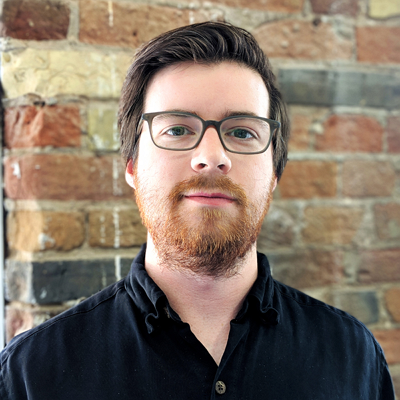
Luke Mellor
About Luke
Luke Mellor is Pantonium’s Director of Marketing, overseeing the development and implementation of the company’s global marketing and sales. He has worked with cities and organizations all over the world to deploy Pantonium’s innovative mobility solutions — achieving particular adoption successes in rural, remote, and Indigenous communities. He holds a Bachelor of Arts from Toronto Metropolitan University.
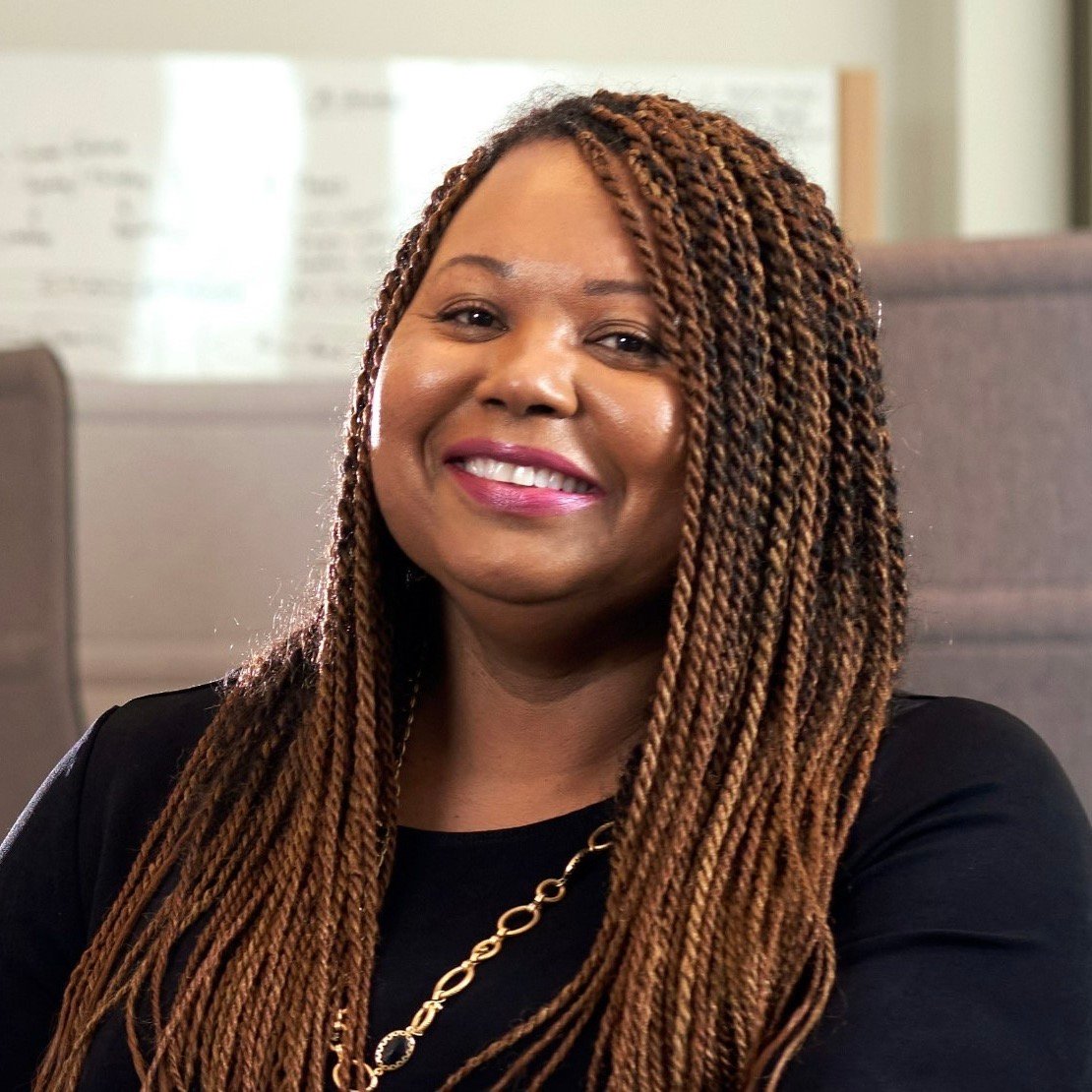
Andrea Pierce
About Andrea
Andrea is currently the Executive Director of the Black Entrepreneurship Knowledge Hub at Carleton University and founder of ImmigrantsCAN IEHDC. She has an MBA and is a multi-accredited professional with senior leadership experience in the Technology, Energy, and Infrastructure sectors in both the United States and Canada. She is known as an innovative and strategic thought leader with a track record of successfully delivering programs, portfolios, and projects from information technology to infrastructure construction. She has worked with start-ups through Fortune 500 companies in the United States and Canada including Pacific Gas and Electric Company (PG&E), City of San Francisco (CCSF), Bell Canada, Infrastructure Ontario (IO), and London Hydro (LH). Andrea’s passion and work is focused on economic and climate justice.
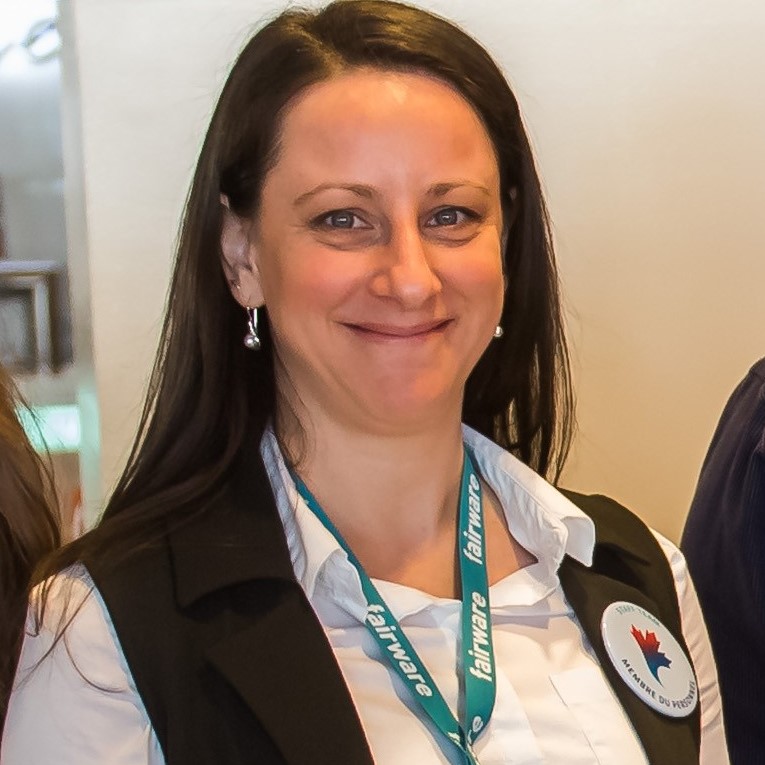
Sara Fralin
About Sara
Sara Fralin is a 4th generation Canadian, born and raised in Vancouver on the unceded territory of the Xʷməθkʷəjˀəm (Musqueam), Sḵwx̱wú7mesh (Squamish) and Səl̓ilwətaɁɬ (Tsleil Waututh) Nations. Sara’s Jewish ancestors escaped the Pogroms of Russia and arrived in Canada in 1923 as refugee immigrants. Sara earned a Master’s degree in Sustainability Studies from Trent University and a Bachelor’s degree in Political Science and Environment Studies from the University of Victoria.
Sara is the Manager of Engagement and Technical Support at the Aboriginal Housing Management Association (AHMA), an umbrella organization of 55 Indigenous housing and service providers. She provides resources that empower members to steward their housing assets. Outside of her work, Sara serves on the Advisory Committee at Indigenous Clean Energy.
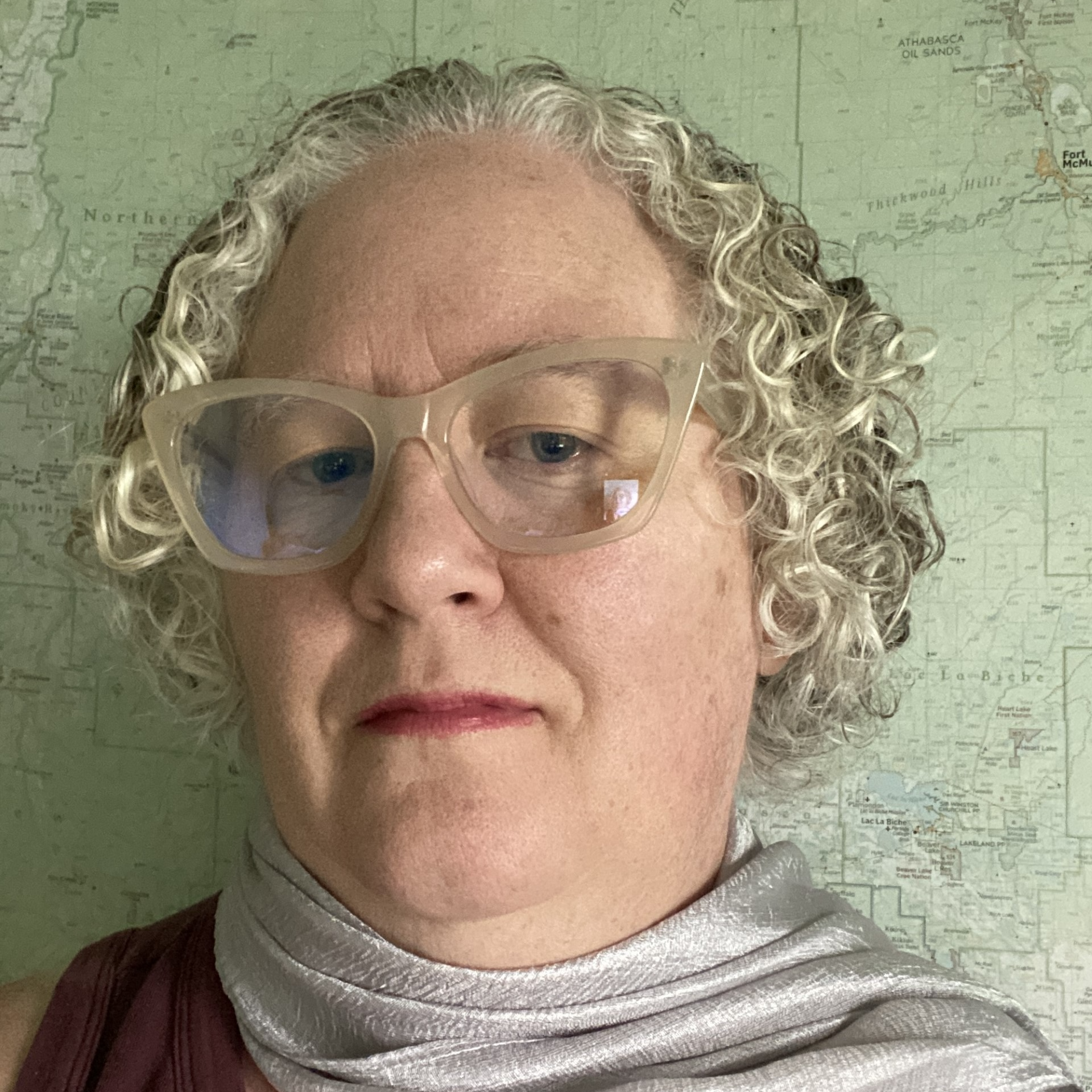
Kathleen Sheppard
About Kathleen
Kathleen Sheppard joined Environment Lethbridge as Executive Director in November 2015. Originally from southern Alberta, Kathleen has more than 25 years of experience working for non-profit organizations in BC and Alberta. Prior to coming to Environment Lethbridge, she was the Executive Director for Social Planning Cowichan, located in Duncan, BC. Her previous experience includes work in land conservation, wildlife rescue, wilderness protection, and environmental sustainability.
.png?width=500&height=500&name=MicrosoftTeams-image%20(1).png)
Femke Bergsma
About Femke
Dutch by birth and a musician by training, I decided to take my life in a new direction in 2007, prompted by growing environmental concerns. After obtaining a Master's degree in Environment at the University of Sherbrooke, I lectured for the Centre Universitaire de formation en Environnement (CUFE) and worked in environmental certification of buildings (at Montcalm Services Techniques) and as a sustainable development consultant. I joined GRAME (Groupe de recommandations et d'actions pour un meilleur environnement) in November 2015, and have held the position of coordinator of Lachine's Éco-quartier program for the past 5 years. With my colleague Audrey Busque, I have been able to benefit from the support of the Maison d'Innovation Sociale in setting up a citizen’s space dedicated to the socio-ecological transition. Intervening directly in the field and mobilizing people responds to my need to change the way we do things in order to reduce our ecological footprint and accelerate the transition.
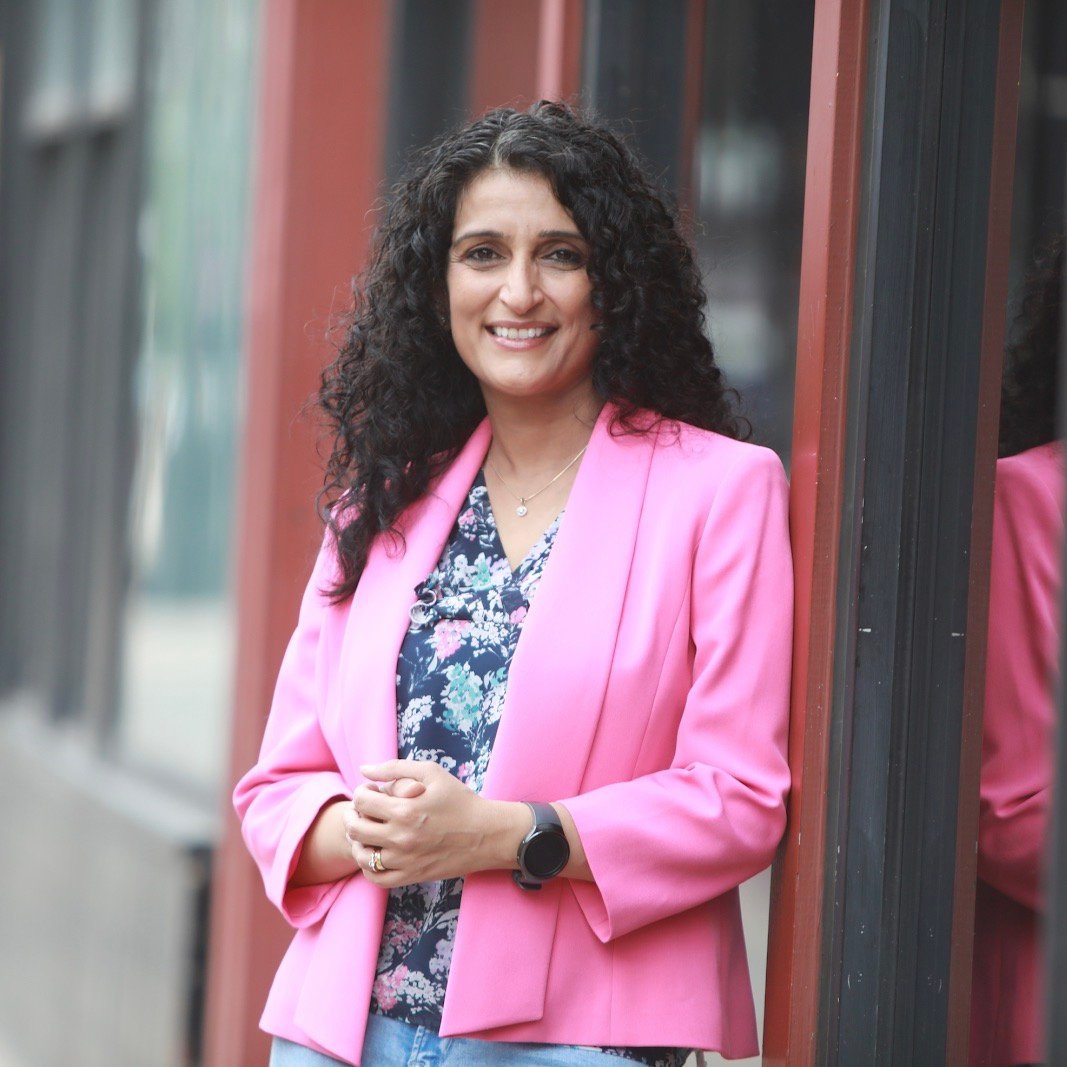
Ritika Sharma Kurup
About Ritika
Ritika Sharma Kurup, LISW-S is a collective impact strategist with over two decades of experience in leading several national and community-level coalitions to deliver measurable results for children and families in the U.S. and India. As a consulting practitioner, Ritika works with teams and coalitions to translate their social justice vision to equitable practice. Prior to launching her independent practice, she served as a Senior Director at StriveTogether, where she established their data and learning division and served as the key strategist for the launch of the national network’s racial equity work. Previously, Ritika served in a variety of roles in her community’s collective impact initiative, Learn to Earn Dayton. Ritika holds masters’ degrees in social work and public policy and is currently a PhD student at The Ohio State University (OSU). She was named a Children and Family Fellow by the Annie E. Casey Foundation in 2016 and was inducted into the OSU College of Social Work’s Hall of Fame in 2021.
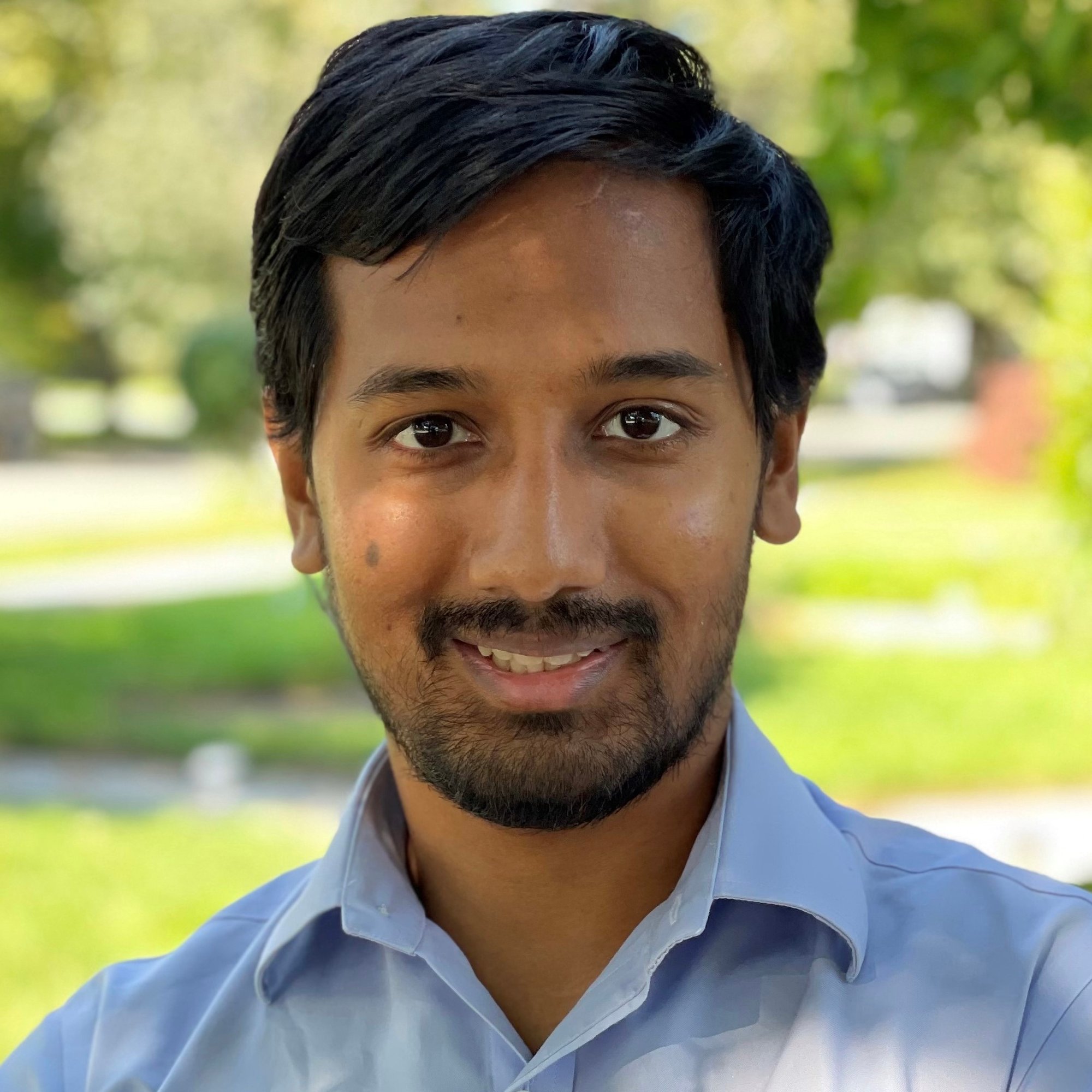
Shitangshu Roy
About Shitangshu
Shitangshu Roy (He/Him) is a Bengali-Canadian and first-generation immigrant residing in Kjipuktuk (the Great Harbour), also known as Halifax, NS, on the unceded lands of the Mi'kmaq. Holding a BA+ MA in environmental philosophy, alongside an MBA, Shitangshu has worked across the fields of academia, recreation, entrepreneurship development, environmental stewardship and technology, with current leadership roles at the Youth Impact Challenge & the international development non-profit Accelerate Prosperity. Shitangshu and a team of climate-impacted youth co-founded the OATHE Project (One Act at a Time to Help the Earth), whose mission is to create a global community dedicated to eco-action. OATHE was recently awarded 2023's Canada SDG Youth Award for Environmental & Climate Action, with the organization helping to start the Climate Change-Makers Challenge, co-developing the EarthNet platform and serving as part of the HRM Climate Transitions Cohort team.
The HRM Climate Transitions Cohort team is honored to be one of the inaugural recipients of Tamarack’s Community Climate Transitions Innovation Fund, and Shitangshu is excited to learn from all his fellow panelists and others who will be a part of Tamarack's national gathering on communities taking climate action.
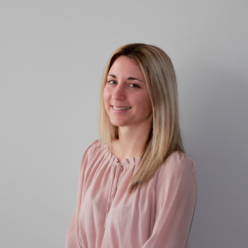
Lucie Morin
About Lucie
Lucie Morin is a doctoral student in social work at the Université de Montréal. From 2004 to 2020, she worked as a community organizer in the Chaudière-Appalaches health and social services network. Since 2021, she has been coordinating partnership research on socio-ecological transition and philanthropy in relation to territorial development initiatives, co-directed by Denis Bourque of Université de Québec à Outaouais and Sonia Racine of Communagir.
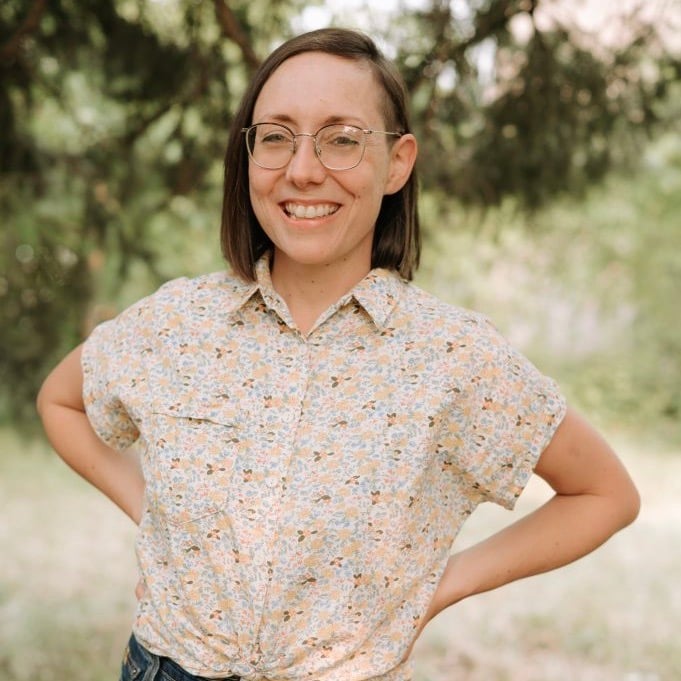
Joakim Lemieux
About Joakim
Joakim Lemieux is a coordinator with the Montreal Coalition of Neighborhood Tables (the CMTQ in French) where she has worked since 2019, holding several positions including member support and communications. Her work with the 32 neighbourhood tables has convinced her of the relevance of collective action in the fight against social inequalities. She produced the Esprit de quartier podcast to highlight promising initiatives that have emerged from the tables. Joakim also played an active role in setting up Transition en commun, an alliance to accelerate socio-ecological transition in Montreal, involving over 250 people from community, environmental and institutional circles. On behalf of the CMTQ, Joakim continues to contribute as a member of the executive committee and as co-chair of Espace quartiers, a meeting place for actors in Montreal's transition ecosystem.
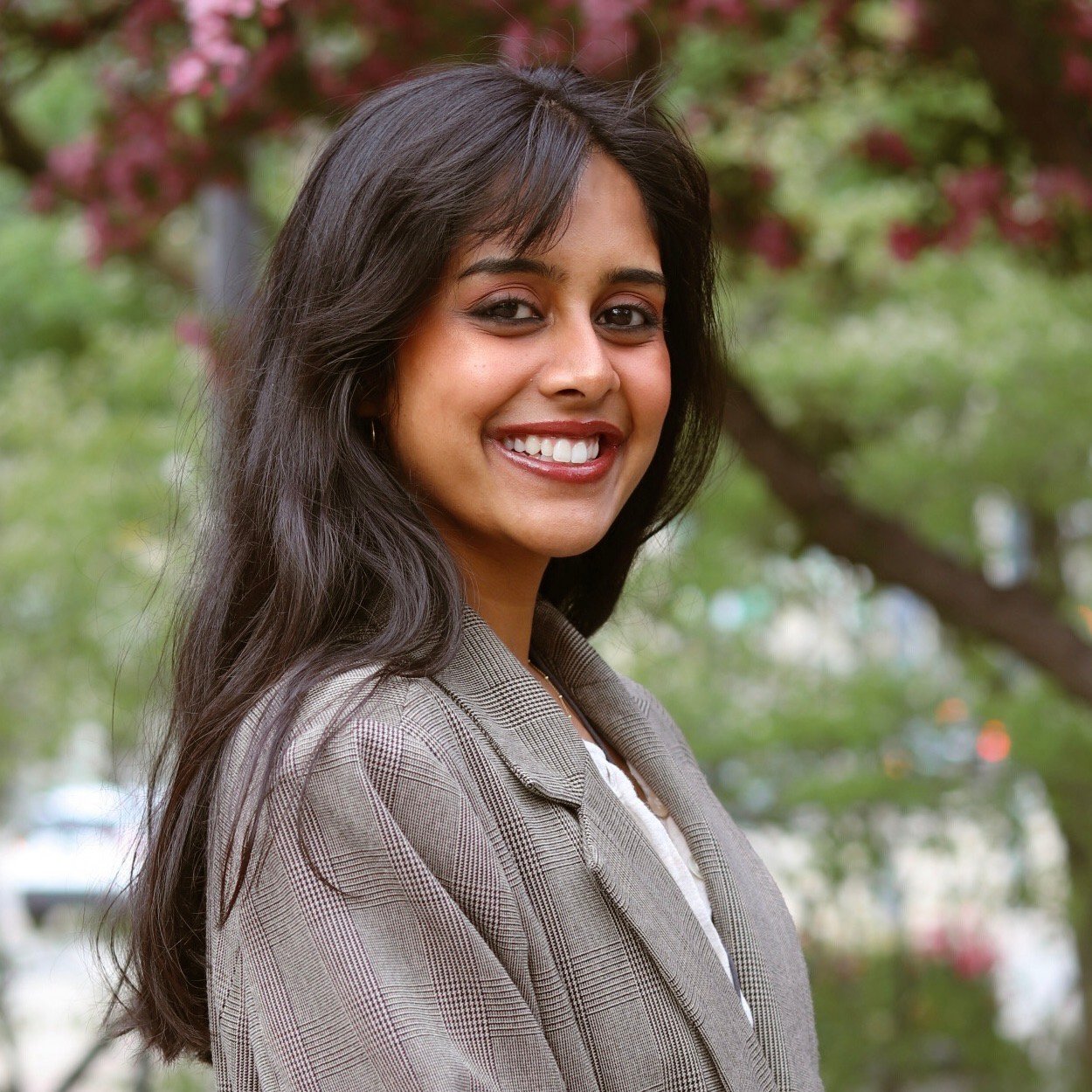
Karishma Porwal
About Karishma
Karishma Porwal is a 26-year sustainability communications professional who has been sharing educational content about Canadian climate issues, environmental justice, climate topics, and their intersections with her culture as a South Asian woman. She creates social media content such as her Fairytale series and "Tuesday to-dos" to make climate topics more digestible and memorable for her audience. Karishma was involved with old growth advocacy in British Columbia in 2021 and has taken part in many climate campaigns since. "Making sustainability mainstream" is her passion, and she has a monthly morning segment with CTV Your Morning where she does just that! She has her Master's in Sustainability Leadership from Arizona State University. Karishma also has experience working with nonprofit groups such as Climate Engagement Canada and Regenesis Canada.
.png?width=500&height=500&name=Canadian%20Climate%20Challenge%20(CCC).png)
Andre Forsythe
About Andre
Andre Forsythe founded the non-profit Canadian Climate Challenge (CCC) to raise awareness of the incredible climate work and solutions being implemented in the Greater Toronto Area every day. As a person of colour, he was particularly frustrated by the inequities in access to climate action and climate solutions awareness. Through CCC he aggregated and began streaming climate events taking place in the GTA, in hopes of helping to democratize access and to demonstrate that the structural change and paradigm shift in our cultural narrative was already underway. In 2019, Andre launched the School for Climate project (an extension of CCC) to empower artists to convey what a vision rooted in climate justice looks like, what a different cultural story feels like, and the role each community and industry can play in bringing that reality to fruition. Leveraging creative skillsets, the School for Climate develops creative experiences –from murals to immersive environments– to express the power of climate solutions. As co-chair of the Toronto Climate Action Network, Board Member of Fashion Takes Action, and proud member of the Canadian Coalition for Climate & Environmental Justice, Andre continually seeks to further his work on partnership development and stewardship of intersectional collective impact.
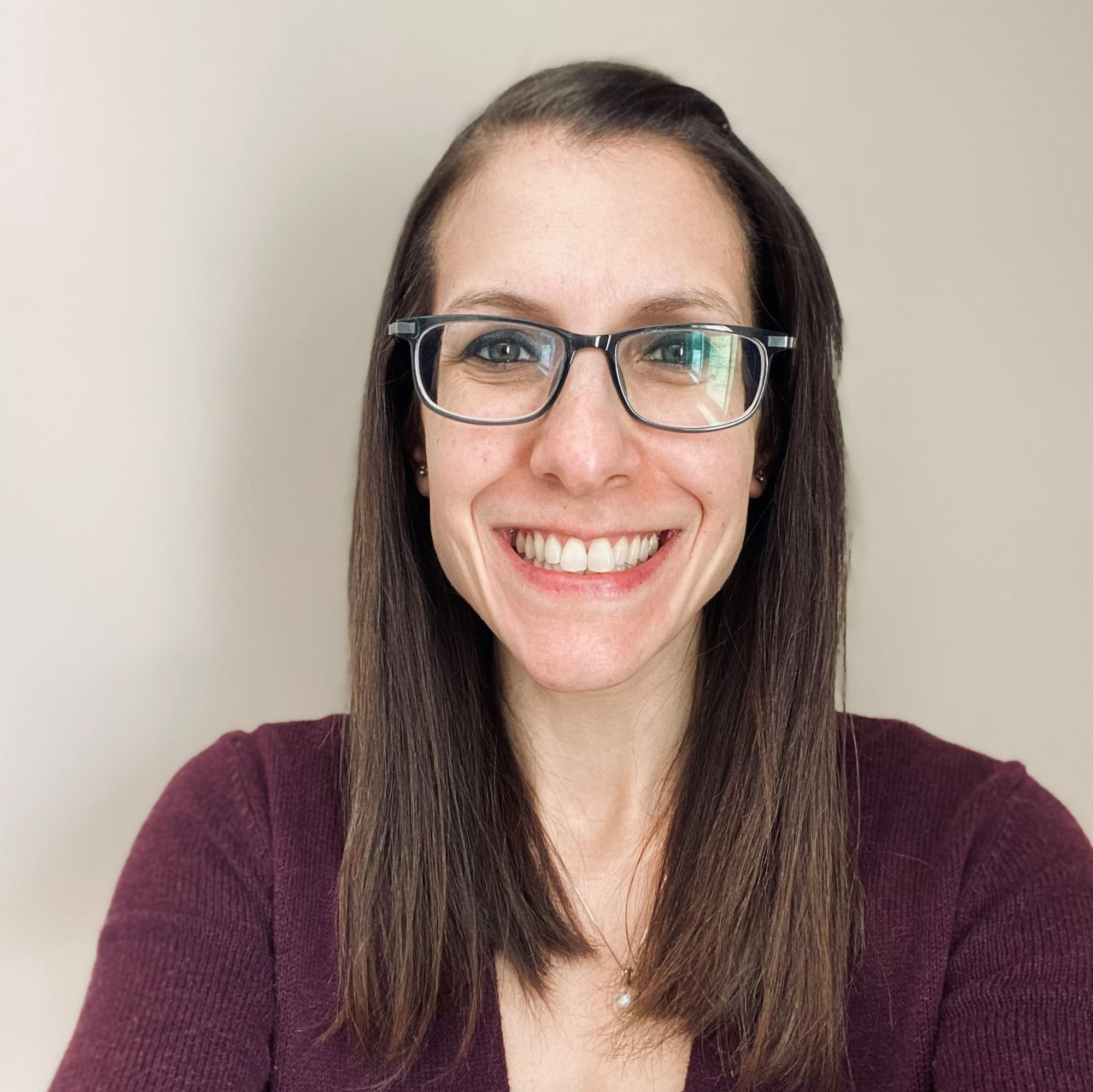
Danya Pastuszek
About Danya
Danya Pastuszek (she/her) grew up outside of Boston, Massachusetts. Her family offered reflections that deeply shape her work: love who you are, keep learning, be kind and empathetic and notice the small joys that surround us. Her early career was spent in New York City, first at the International Rescue Committee, where she worked with resettling refugees, and then at The HOPE Program, working with criminal justice–involved individuals looking to find work or advance in their careers.
In 2012, she moved to Utah and began a decade-long career at United Way of Salt Lake (UWSL), which is solely focused on facilitating partnerships designed to support economic mobility. Beginning in 2015, when she moved with her family to Renfrew County, Ontario, she did this work remotely. She left her position as Chief Operating Officer at UWSL in February 2022 to join Tamarack.
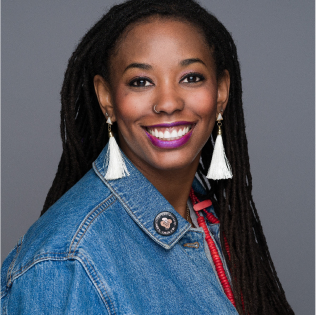
Rochelle Ignacio
About Rochelle
Rochelle leads Tamarack’s work on Equity, Diversity and Inclusion. She is passionate about community building, volunteerism and advocating for underrepresented individuals and communities. In her role, she will work with the Tamarack team, board, and network to transform Tamarack into an organization committed to anti-racism. She will also support our members and learners in their journeys to create equitable results at community-wide scales.
Prior to joining Tamarack Rochelle was the Anti-Racism Equity Specialist at the City of Edmonton where supported the organization in their Anti-Racism journey in addition to supporting the Race&Ethnicity@theCity Employee Resource Network. Prior to taking on the Anti-Racism portfolio she worked with Edmonton Fire Rescue Services in beginning their diversity and inclusion journey.
Rochelle completed a Bachelor of Science in Human Ecology from the University of Alberta with a minor in Community Diversity. Rochelle is a Founder of Black Owned Market Edmonton, sits on Edmonton Police Service’s Black Community Communication Council, and is a Board Member of Edmonton Culture. She is a recipient of Edify Magazine’s Top 40 Under 40 (2021), Diversity Magazine’s Community Leader of the Year (2020), and named one of the Canadian International Black Women's Excellence’s Top 100 Black Women to Watch (2022).
.png?width=175&height=54&name=Tamarack%20logo%20narrow%20black%20(1).png)

